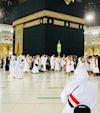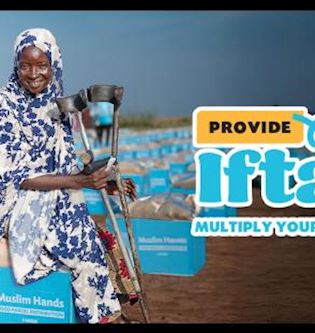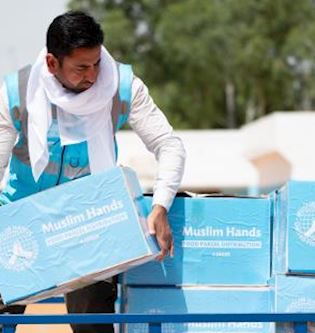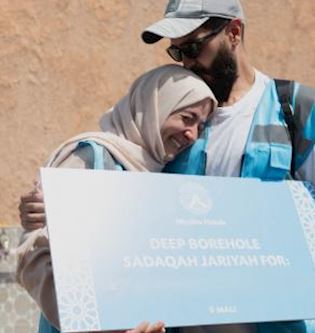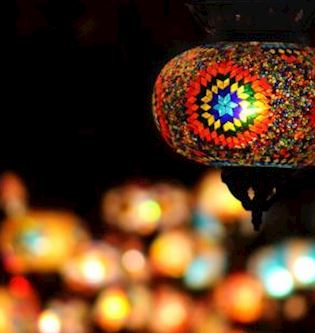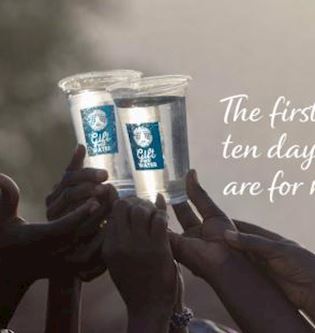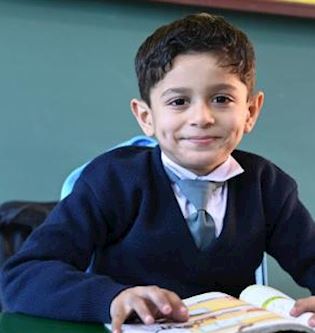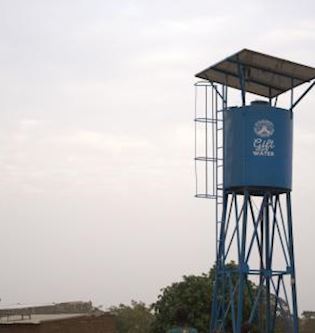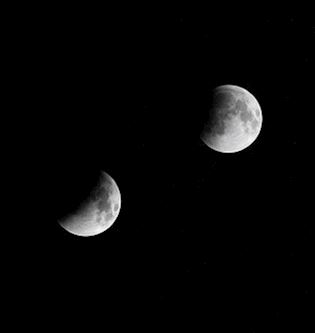When to Fast After Ramadan: White Days, Sunnah Fasts, and Preparing for Dhul-Hijjah
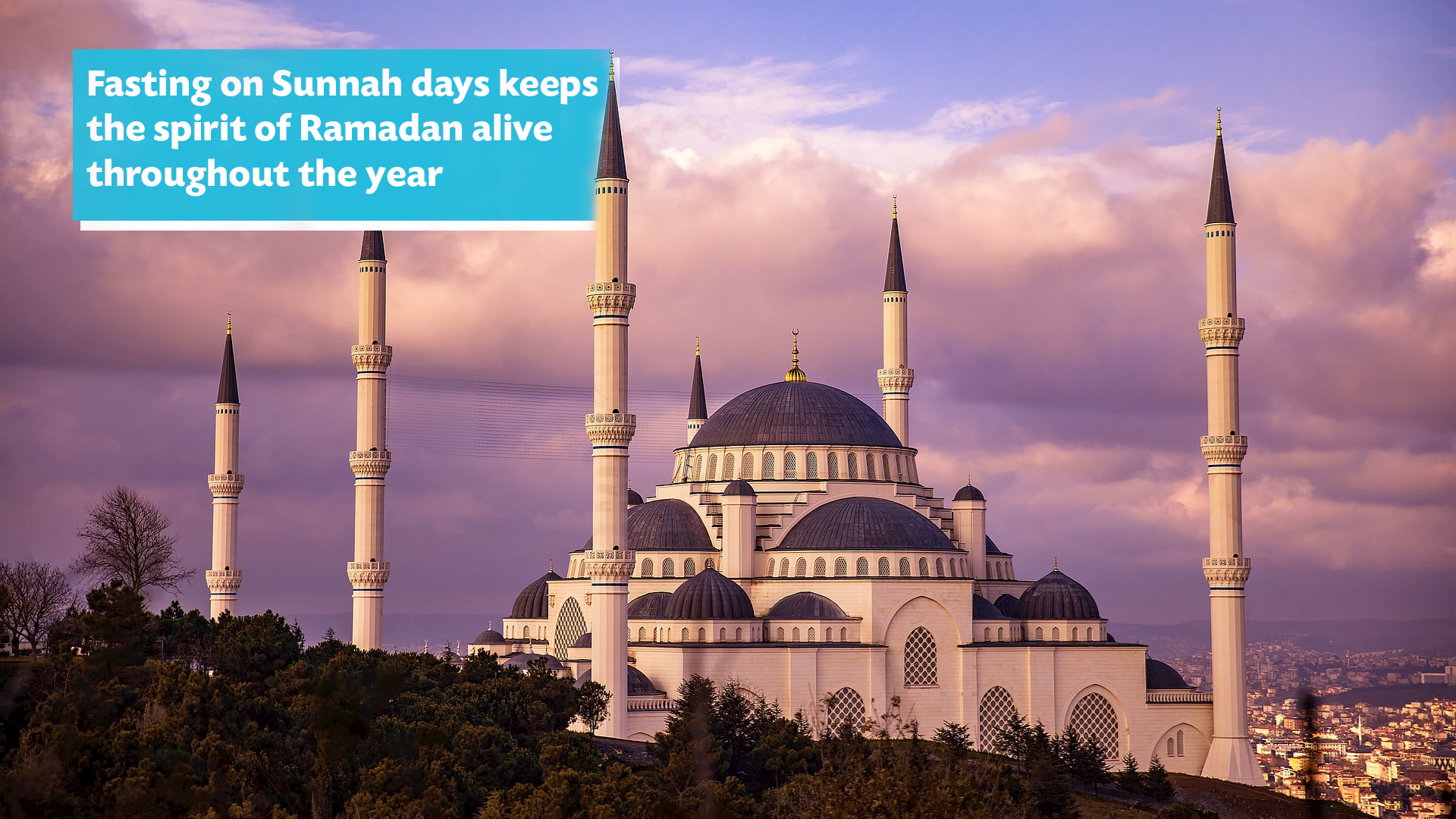
Ramadan may be behind us, but our connection to Allah (swt) doesn’t end when Eid arrives. The Prophet Muhammad (saw) fasted regularly outside of Ramadan, offering us a way to stay spiritually grounded all year long.
Voluntary fasting, especially in the weeks following Ramadan, is one of the most beloved Sunnahs. It brings peace to the soul, deepens our discipline, and prepares us for the sacred days to come.
Which Days Are Best to Fast After Ramadan?
The Prophet (SAW) encouraged Muslims to fast on several days outside of Ramadan. Among the most rewarding are:
- The White Days of each lunar month: the 13th, 14th, and 15th
- Mondays and Thursdays, the days he personally favored
- The Six Days of Shawwal, which carry the reward of a full year of fasting when observed with Ramadan
Fasting on these days keeps your heart soft, your focus clear, and your worship alive.
“The most beloved prayer to Allah is the prayer of Dawud (peace be upon him), and the most beloved fasting to Allah is the fasting of Dawud. He used to sleep half the night, stand in prayer for one-third of the night, and sleep for one-sixth, and He used to fast one day and break his fast the other day.”
(Bukhari, 1131)
Getting Ready for Dhul-Hijjah: Why Fasting Still Matters
Voluntary fasting after Ramadan is a way to stay connected to Allah (swt). These quiet acts of worship help realign our hearts and sharpen our intentions as we approach Dhul-Hijjah, the most sacred days of the year.
Fasting now helps us strengthen the discipline we built during Ramadan. Voluntary fasting is renewed focus on pleasing Allah (swt). These are the qualities we carry into the first ten days of Dhul-Hijjah, the Day of Arafah, and the powerful act of Qurbani. Whether you're planning to give, reflect, or simply be present with your worship, these small steps lay the foundation.
🐏 Fulfill your Qurbani with Muslim Hands USA.
🔵 Explore What is Hajj
The Connection Between Fasting, Hajj, and Qurbani
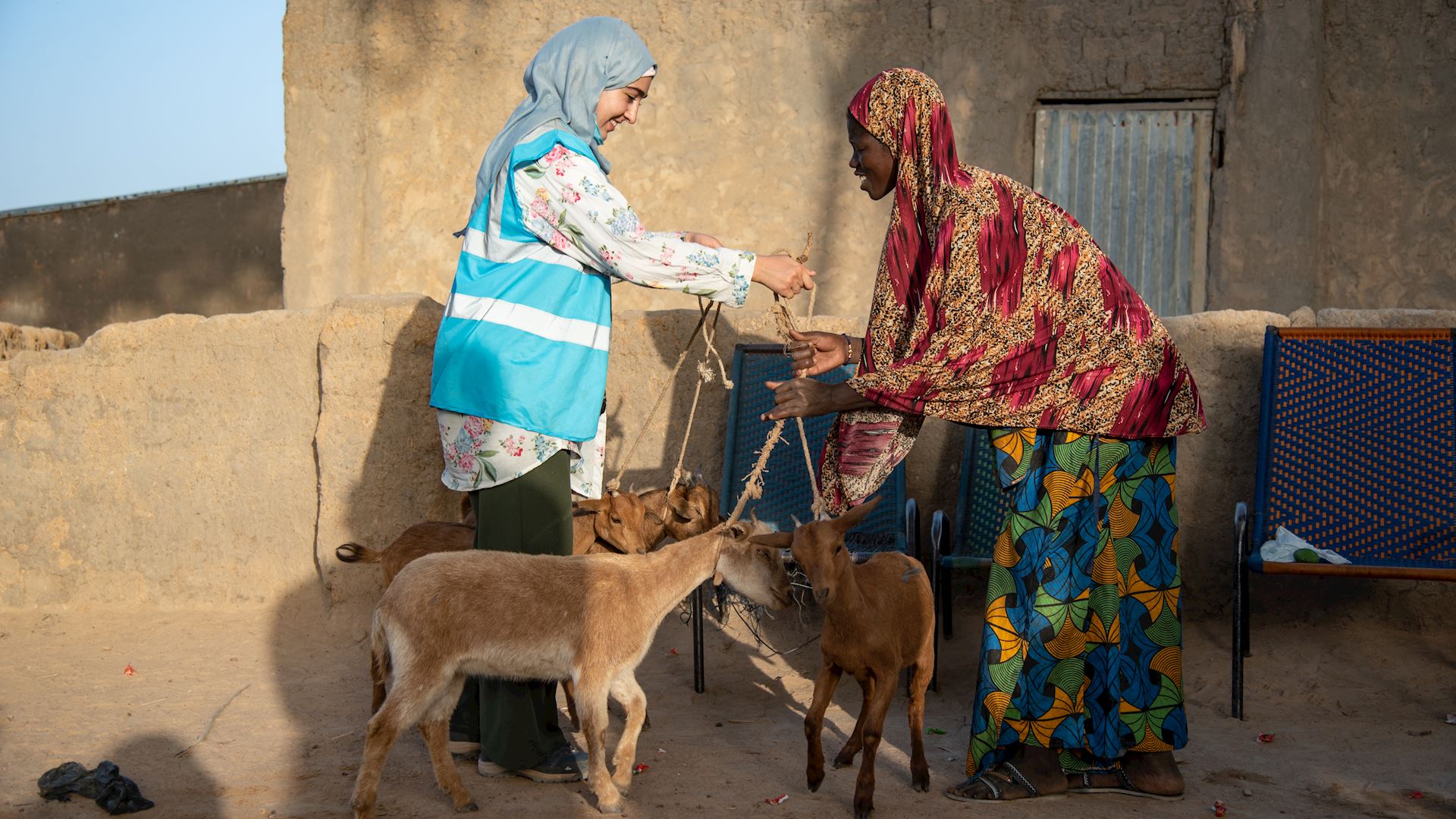
Fasting is also linked to Hajj. While those performing Hajj do not fast on the Day of Arafah, those not attending are encouraged to do so. The Prophet (SAW) said:
“Fasting the Day of Arafah expiates the sins of the previous year and the coming year.”
(Muslim)
In the Qur’an, Allah mentions that if a pilgrim cannot give Qurbani, they should fast during and after Hajj (Qur’an 2:196). This shows how sacrifice and fasting go hand-in-hand, both are acts of devotion, humility, and trust in Allah.
By fasting now, you’re preparing your heart for what comes next: days of mercy, sacrifice, and renewed connection.
Fasting the Six Days of Shawwal: A Sunnah with the Reward of a Year
The Prophet Muhammad (SAW) said:
“Whoever fasts the month of Ramadan and then follows it with six days of fasting in the month of Shawwal, it will be as if he has fasted for the entire year.”
(Sahih Muslim 1164)
This is one of the most beloved Sunnah fasts. You can fast the six days consecutively or spread them out across the month either way, the reward is immense.
If you're looking to continue the spirit of Ramadan, this is a powerful way to begin.
👉 Learn how to fast the six days of Shawwal in our full guide.
Give While You Fast: Support Water Projects That Save Lives
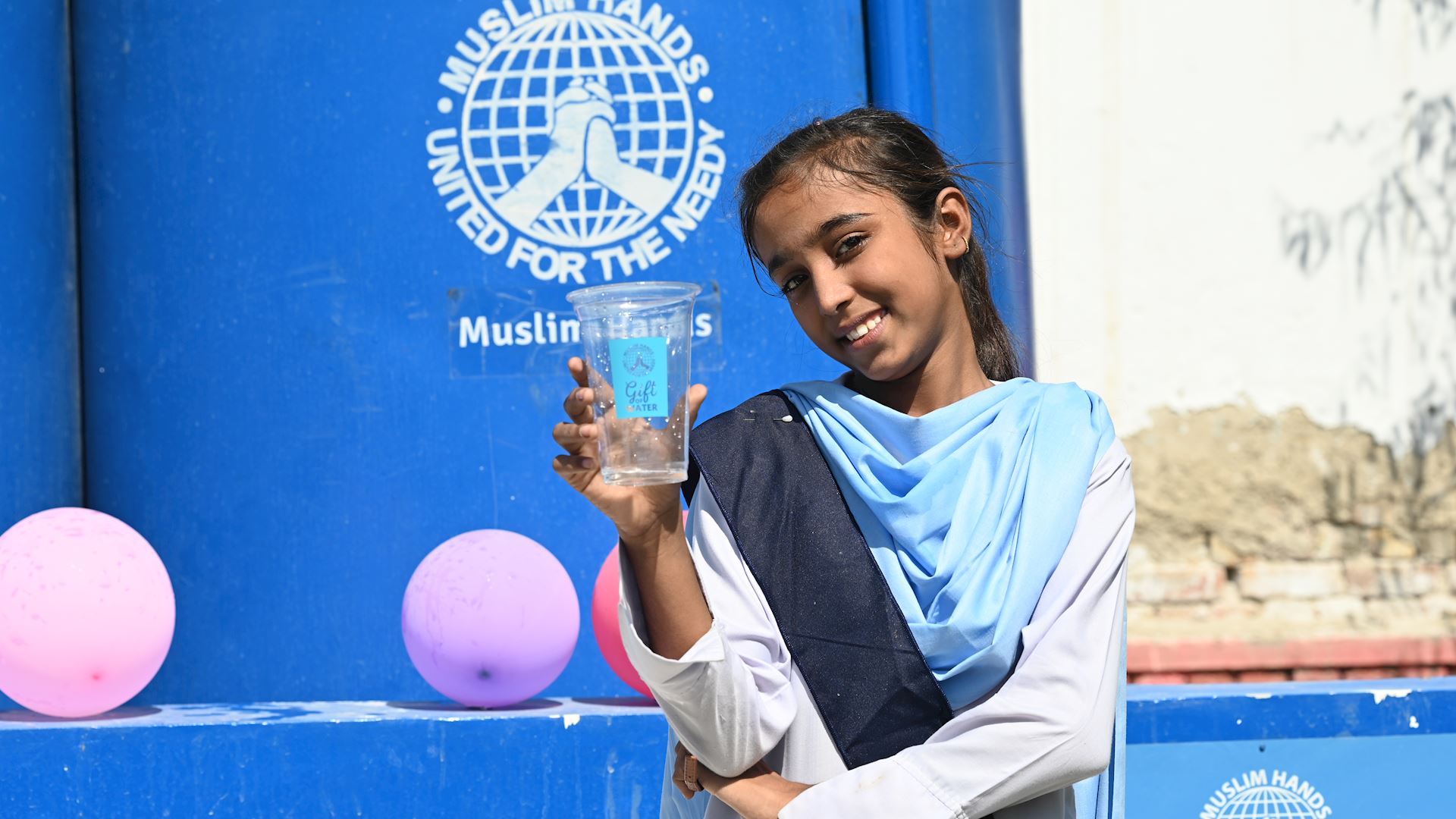
Every fast is a private act of worship. But when paired with charity, it becomes a force for change.
This Dhul-Hijjah season, as you fast and seek closeness to Allah (swt), you can also provide clean water to families in need. Muslim Hands USA is building community wells and rehabilitating water systems in some of the world’s driest regions.
🌍 Learn how your giving supports sustainable water solutions.
💧 Donate to our Water Campaign and transform lives drop by drop.
Charity given while fasting carries extra reward. Your generosity could quench someone's thirst and be a source of mercy for you on the Day of Judgment.
Keep the Spirit of Ramadan Alive
Ramadan has passed, but the reward continues.
These small, consistent acts help carry the spirit of Ramadan into what comes next. As Dhul-Hijjah nears, fasting helps prepare the soul.
Giving Qurbani allows you to share your blessings with families who are still facing hardship.
Through your sacrifice, others can eat. Through your worship, hearts can heal.
🔷 Give your Qurbani through Muslim Hands USA and continue your worship with impact.






